The International Pole and Line Foundation (IPNLF), the charity that works with one-by-one tuna fisheries and international market partners to create a fairer, more sustainable, and equitable world for all is excited to announce that they have welcomed three new companies to their member network!
Together with its members — a global network of industry leaders (processors, distributors, large retail companies, seafood brands, food services, civil society organisations, and associations), IPNLF operates as a unified body to push the industry to focus more on sustainability and works together with its partners to drive change and improvements at sea and in one-by-one tuna supply chains. IPNLF members are based across the globe and collectively represent a wide range of stakeholders throughout the seafood industry. However, their reasons for supporting one-by-one tuna are the same: to ensure a sustainable source of seafood while protecting coastal livelihoods.
These new members are now part of a community of like-minded industry leaders and will gain access to leading expertise relating to the seafood sector. With this network of industry leaders and one-by-one fisheries, we work to drive change, encourage improvements – both at sea and throughout the supply chains and provide a lasting contribution to the U.N.’s 2030 Agenda for Sustainable Development.
Martin Purves, IPNLF Managing Director states:
“Our supply chain members play a vital role in helping to conserve biodiversity and its ecosystem services while supporting livelihoods of local communities by sourcing from, and promoting, one-by-one tuna fisheries. We are ever grateful for their support and engagement in our work. We welcome Hummer Pedersen, Lotus Seafood Papu, and Kumbatia Seafood to our network and look forward to working closely with them in contributing to more sustainable, equitable, and resilient food systems worldwide.”
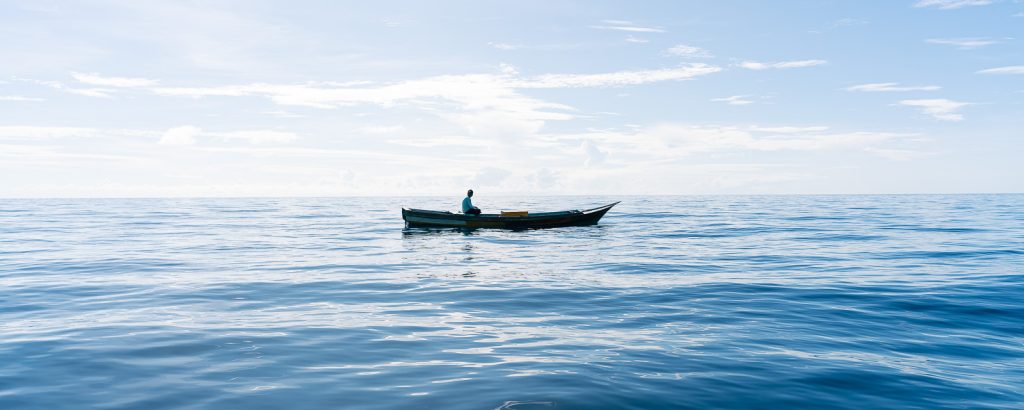
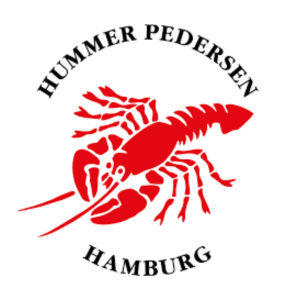 Hamburg-based company Hummer Pedersen has been a seafood specialist since 1879. Functioning as a wholesaler, fishmonger, and bistro – owner Karl Niehusen runs “Hummer Pedersen” in Hamburg in a highly modern way, without losing sight of tradition. In order to combat food waste, while maintaining high standards of quality and freshness, Hummer Pedersen started a small ready-to-eat shop next door and sold their products at the end of the day. Now, that shop has turned into an astonishing bistro seating over 120 people with nothing but raving reviews on various review sites and esteemed online food media.
Hamburg-based company Hummer Pedersen has been a seafood specialist since 1879. Functioning as a wholesaler, fishmonger, and bistro – owner Karl Niehusen runs “Hummer Pedersen” in Hamburg in a highly modern way, without losing sight of tradition. In order to combat food waste, while maintaining high standards of quality and freshness, Hummer Pedersen started a small ready-to-eat shop next door and sold their products at the end of the day. Now, that shop has turned into an astonishing bistro seating over 120 people with nothing but raving reviews on various review sites and esteemed online food media.
As a wholesaler, Hummer Pedersen supplies to quality-conscious customers such as restaurants, hotels and cruise ships like the MS Europa of the Hapag-Lloyd fleet. The professional team has established themselves as experts with in-depth knowledge of the fishing industry and their exclusive network of suppliers guarantees a portfolio of products that is unrivalled in Hamburg.
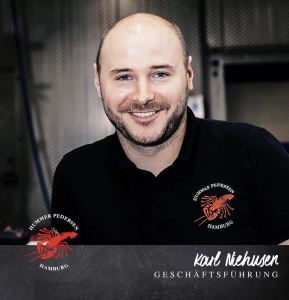 On joining IPNLF as a member, Karl Niehusen, CEO Hummer Pedersen Handel, says: “We’re delighted to join IPNLF as a member and to contribute to the good work they do. The variety and quality of the seafood we offer are the pillars of what we do. But, more importantly, we care about the creatures we source. Only through the high-quality form of the holder can we achieve the level of quality that our customers deserve, and therefore, we hold our suppliers just as responsible for ethical sourcing practices as we do ourselves.”
On joining IPNLF as a member, Karl Niehusen, CEO Hummer Pedersen Handel, says: “We’re delighted to join IPNLF as a member and to contribute to the good work they do. The variety and quality of the seafood we offer are the pillars of what we do. But, more importantly, we care about the creatures we source. Only through the high-quality form of the holder can we achieve the level of quality that our customers deserve, and therefore, we hold our suppliers just as responsible for ethical sourcing practices as we do ourselves.”
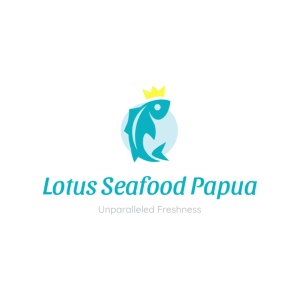 Lotus Seafood has joined IPNLF membership with their new facility in Indonesia, Lotus Seafood Papua.
Lotus Seafood has joined IPNLF membership with their new facility in Indonesia, Lotus Seafood Papua.
The processing facility in Papua, Indonesia, sources handline-caught yellowfin tuna from the fishing communities in Jayapura and specialises in the application of a patented tuna treatment that improves colour without the use of carbon monoxide (CO). Lotus’ treatment method, which was developed in Japan and refined over the last three years, includes the use of antioxidants and vitamins, including vitamin C.
“Besides enhancing coloration, it also preserves flavour and the treatment preserves the natural colour of tuna perfectly, and it’s stable after freezing and after thawing”, states Lotus Seafood CEO Nick Ovchinnikov.
Indonesian one-by-one fisheries underpin local livelihoods and provide equitable distribution of wealth, food security, and gender-equal employment opportunities. However, like many small-scale fisheries, they’re characterised by remote, coastal communities where climate change is a real threat and where a lack of infrastructure, such as reliable access to electricity and facilities to maintain a cold chain, can be a real challenge.
Lotus Seafood Papua supports the local fishing community by providing ice to the ports and directly at the fisher’s level to maintain a high-quality product and to contribute to their livelihoods.
Rio Gosal, CEO Lotus Seafood Papua, explains on joining IPNLF as member: “We are thrilled to join the IPNLF and collaborate with buyers and clients who are dedicated to purchasing sustainably caught tuna. I am excited to explore ways to incorporate IPNLF’s Sourcing Transparency Platform (STP) in our marketing as it is a good way to showcase the long journey our tuna undertook to reach diner’s plates. Lotus Seafood Papua are truly honoured to be part of a network founded on ethical practices and transparency. I believe this is the way forward in shaping a future where responsible sourcing becomes an industry standard.”
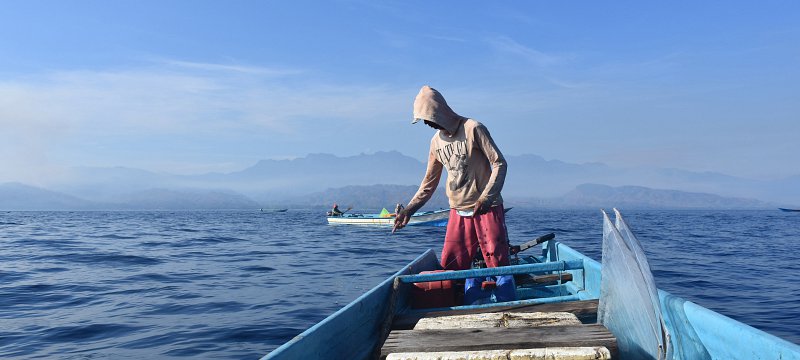
Small-scale handline tuna fisher, Indonesia (c) MDPI
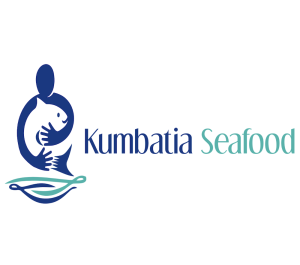 Kumbatia Seafood is on a mission to offer world-class seafood that conserves East Africa’s marine ecosystems and lifts its artisanal fishing communities out of poverty.
Kumbatia Seafood is on a mission to offer world-class seafood that conserves East Africa’s marine ecosystems and lifts its artisanal fishing communities out of poverty.
For most communities on the Swahili Coast of East Africa, market access is minimal, seafood buying prices are low, input costs are high, and destructive fishing practices are common. While artisanal harvesters have demonstrated a willingness to fish more responsibly, interventions aimed at increasing sustainability have historically led to unchanged or even diminished income for fishers. As a result, illegal, unreported, and unregulated fishing persists and coastal poverty in countries like Kenya remains above 60%.
By training fishers in Japanese fish handling methods which focuses on quality, financing, and reducing fishing trip expenses, implementing an efficient off-grid cold chain and a traceability system from boat to processing facility, and working off a privatised fisheries management model as defined by its partner NGOs, Kumbatia empowers its network of small-scale fishers by giving them the skills and resources required to easily produce sustainable seafood of world-class quality. Seafood of this calibre possesses higher demand than that which has historically been harvested from Kenya’s waters.
The result is that fishers who commit to conservation and quality will greatly increase their earnings and reduce their expenses by working with Kumbatia. This unique training, financing, cold-chain logistics, and market-based conservation-incentive model creates an environment that financially rewards best practices. The result is high-grade seafood, enhanced sustainability, and improved livelihoods for artisanal fishing communities along East Africa’s Swahili coast.
William Gertler, Co-Founder of Kumbatia Seafood is looking forward to joining IPNLF business network: “We’re incredibly happy to work with IPNLF, giving us access to their expertise as well as being part of the global IPNLF business network which enables us to expand our reach.”
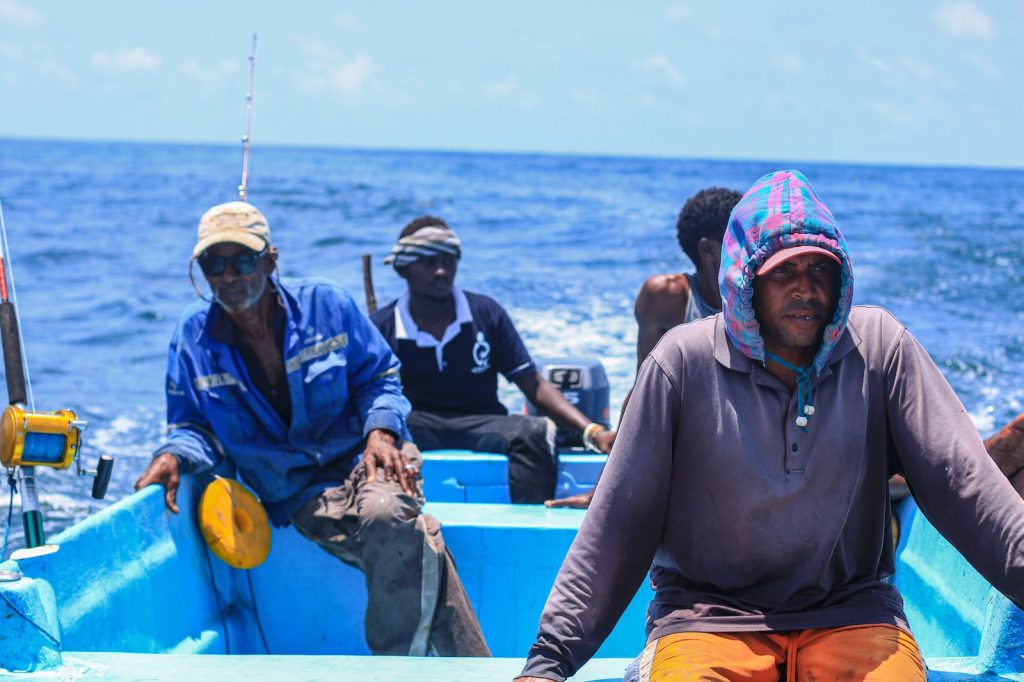
Philippine Wouters, IPNLF Marketing & Communications Director, on these new companies joining IPNLF membership:
“More and more seafood companies understand the global need for nature-positive food systems. Therefore, it’s exciting to expand our member network with leading companies that contribute to the well-being of fishers and coastal communities by developing opportunities for them to participate in highly competitive global seafood markets. It’s up to us to build a framework together in which seafood procurement and, ultimately, consumers are inspired to make more environment-friendly and socially responsible consumption choices.”
As an organisation, IPNLF distinguishes itself by connecting coastal one-by-one tuna fisheries to markets. This ensures direct market participation and our membership offers them the opportunity to engage in improvement projects within their tuna supply chains. Some IPNLF members have been with us since inception in 2012!
We believe collaboration lies at the heart of sustainable change. Therefore, membership is open to all companies associated with and / or present within the one-by-one tuna supply chain.
Commercial Membership is available to businesses procuring one-by-one tuna, but can otherwise be based throughout any stage of the supply chain. Complimentary membership is available to (fishery) associations, academia, as well as not-for-profit and civil society organisations that promote industry best practices.
IPNLF’s ‘2025 Commitment’ asks our members to drive transparency, social responsibility, and environmental sustainability in their one-by-one tuna supply chains. Therefore, we ask members to actively implement improvements in at least 75% of their one-by-one tuna supply chains by 2025. You can find more information and apply for IPNLF membership through this digital form.